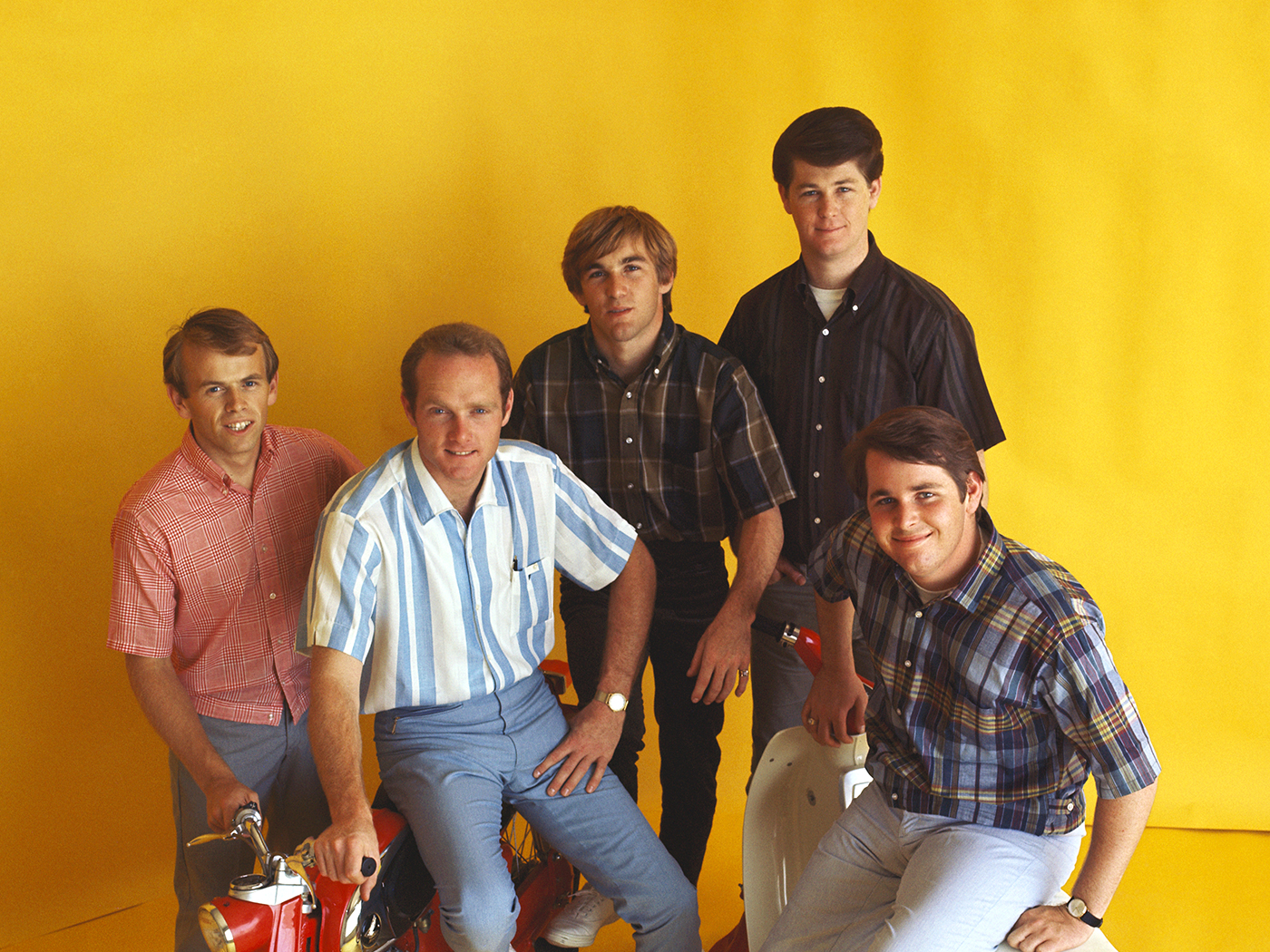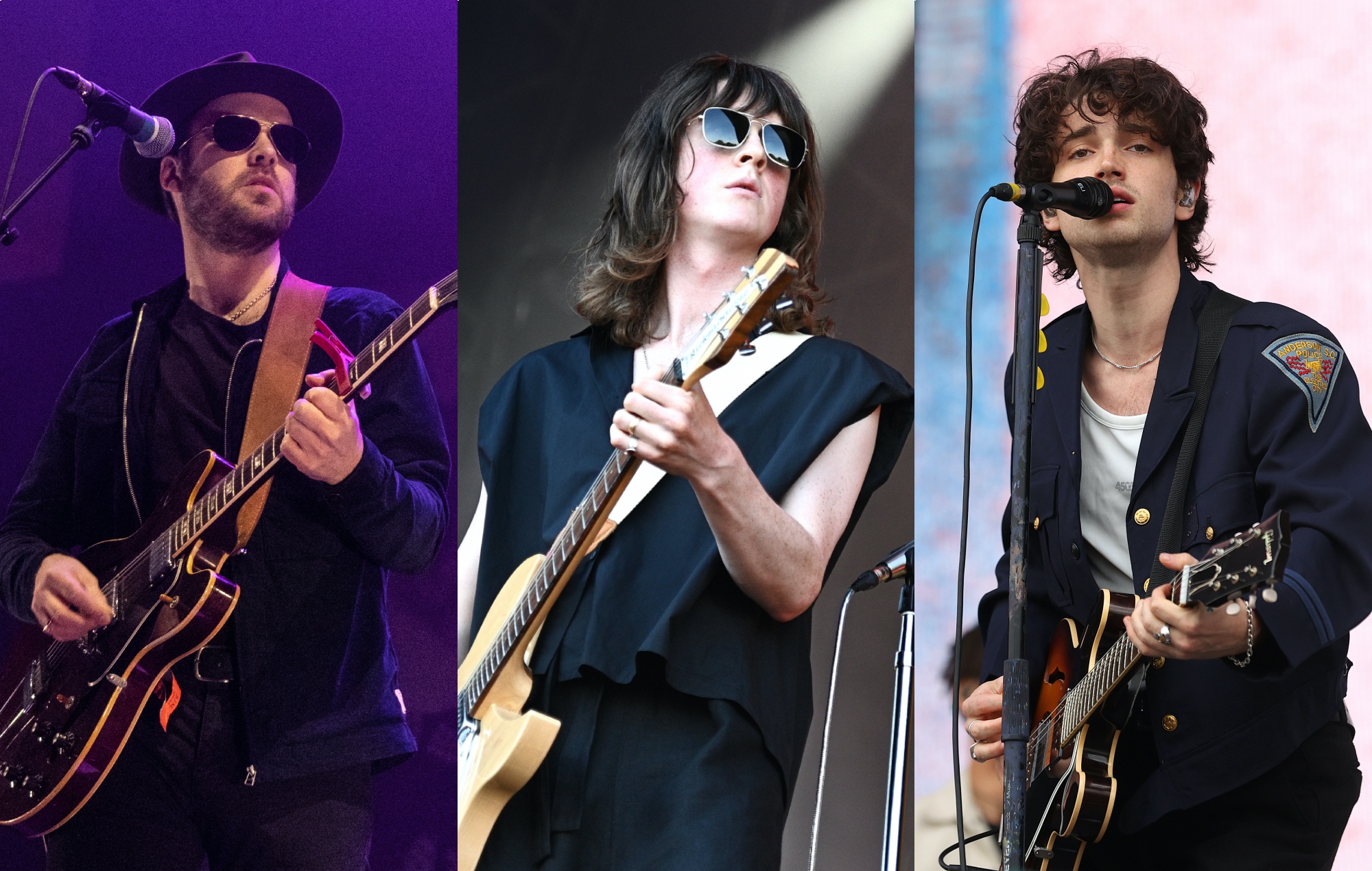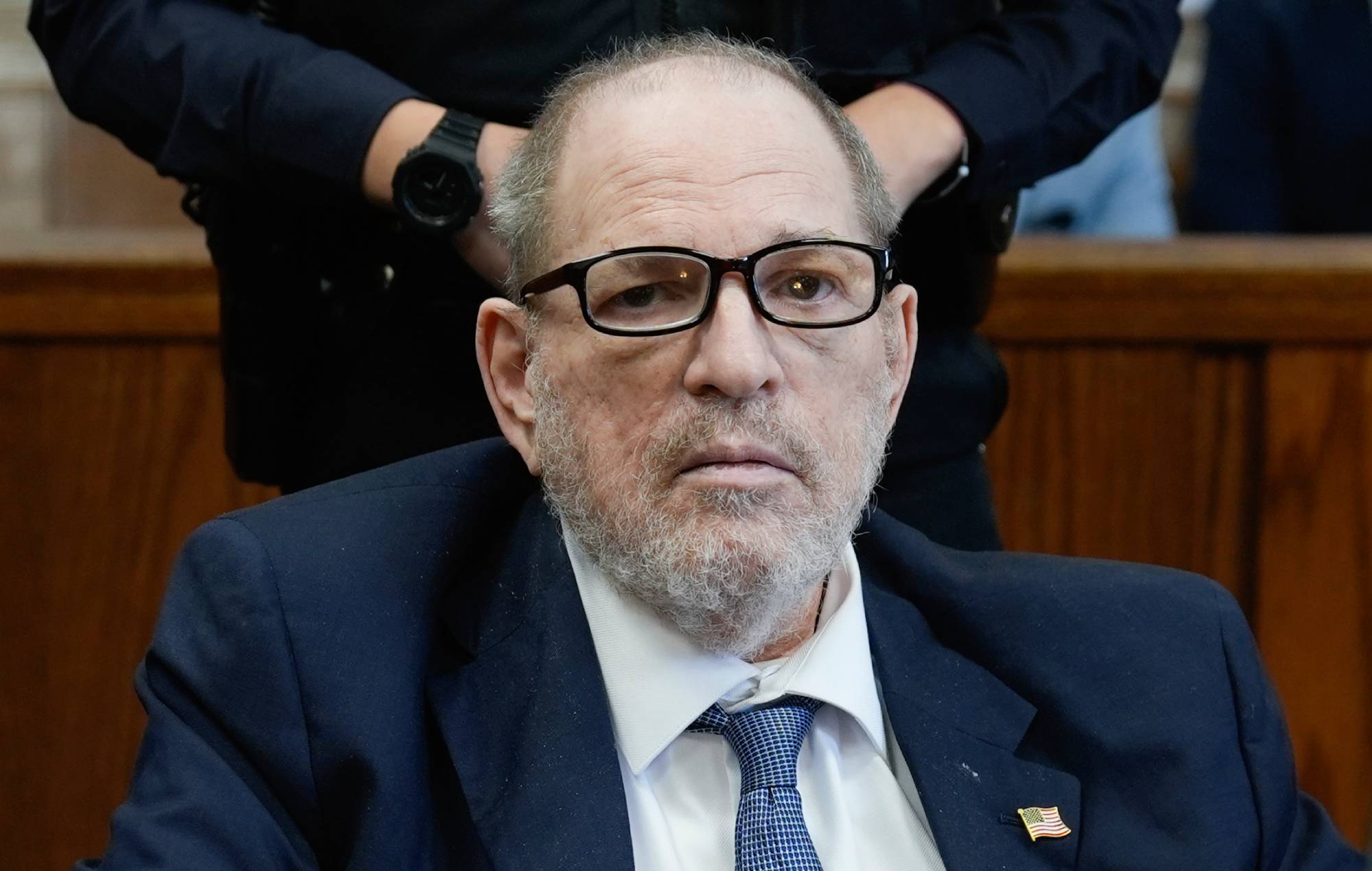
“It’s miraculous that we’ve lasted 60 years,” says Mike Love at the start of Disney +’s new Beach Boys documentary. “But the reason we’ve lasted so long is because we’re family.” By my estimation this is the eighth or ninth attempt to bring the group’s story to the screen. It’s hard to say that any of them have been entirely successful. But you possibly need some unholy combination of Paul and Wes Anderson, David Lynch and Quentin Tarantino to really capture the innocence, glee, wonder, grandeur, goofiness, trauma, madness, horror, squalor and grief of this particular peculiar American saga.
THE NEW UNCUT COMES WITH A FREE, ULTRA-COLLECTABLE JOHN LENNON CD – ORDER A COPY HERE
With the best of intentions, most recent attempts have joined in the construction of The Holy Cathedral of Brian Wilson. I Just Wasn’t Made For These Times (1995), Endless Harmony (1998), Beautiful Dreamer (2004), Love & Mercy (2014) and Long Promised Road (2021) have each in their own way been dedicated to the sainted psychedelic savant. As Don Was (one of the few insightful talking heads lined up here) says: Phil Spector’s productions felt like they were in black and white, but Brian took pop production into Technicolor.
These stories find some charm in the early home recordings but generally can’t wait to move on to the moment Brian hooks up with LA’s session musician royalty the Wrecking Crew and real writers (lyricists Tony Asher and Van Dyke Parks), as if the Wilsons were faintly embarrassing hangers on, not worthy of the sainted elder brother. For all its flaws, The Beach Boys does remind you that there were at various points at least eight other guys in the band, whose voices, talents and personalities contributed to making this weird, dysfunctional, transcendent band more than the sum of its parts.
In particular, in case you had forgotten, it reminds you of the contribution of one Michael Edward Love. Though his litigiousness, self importance and support of Donald Trump haven’t endeared him to everyone, he did after all write the lyrics to “Good Vibrations”, “The Warmth Of The Sun” and “Help Me Rhonda” and his baritone was a key part of the 1960s’ greatest singles run.
In a very wholesome way it reminds you of the similarly significant contributions of Al (for his perfect pitch and suggestion they record “Sloop John B”- though as he admits, if he had produced it, it would have sounded like The Kingston Trio), Carl (the only one of the boys who could hold his own with the Wrecking Crew), Dennis (for embodying the Californian myth, and becoming a significant writer in his own right), Bruce (for gamely stepping in when Glen Campbell took off), and even finds time for the eternally overlooked Ricky Fataar and Blondie Chaplin. Hovering over the family is the domineering, abusive patriarch Murry, heard on eerie studio recordings, attempting to interfere with Brian’s production.
Though some of the guest talking heads are baffling, there are fine contributions from Hal Blaine and Carol Kay on Brian’s growing mastery of the studio. And there are some genuine laugh out loud moments (Al’s deadpan, Ken-like early 1970s realisation: “We were no longer Beach Boys, we were Beach… Men”).
But the omissions are legion: apart from his troubles composing SMILE, Brian’s mental health problems are skirted over and he’s present mostly through archive interviews. Meanwhile Dennis’s involvement with Charles Manson is hurried by and his death isn’t even acknowledged.
Just as he now has the license to the Beach Boys name, this ultimately feels like the Mike Love version of the Beach Boys story. At one point he’s asked about his relationship with Brian. “These days we don’t talk much but if I did I’d tell him that I love him.” His voices cracks, there’s a hint of a tear. “Nothing can erase that.” The film ends with an eerie shot of the surviving members meeting on the beach at Paradise Cove, where they were once photographed for the cover of Surfer Girl. But we don’t get to hear the conversation, don’t get a chance to experience all those voices together one last time. The credits rolls and the final song is, of course, the deathless Mike Love composition “Kokomo”.






